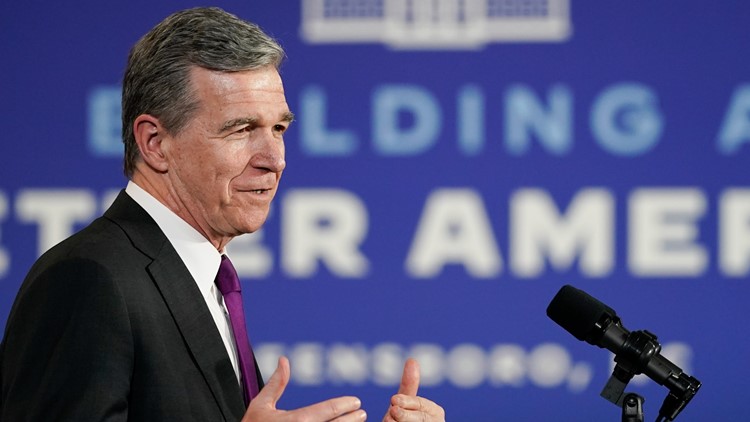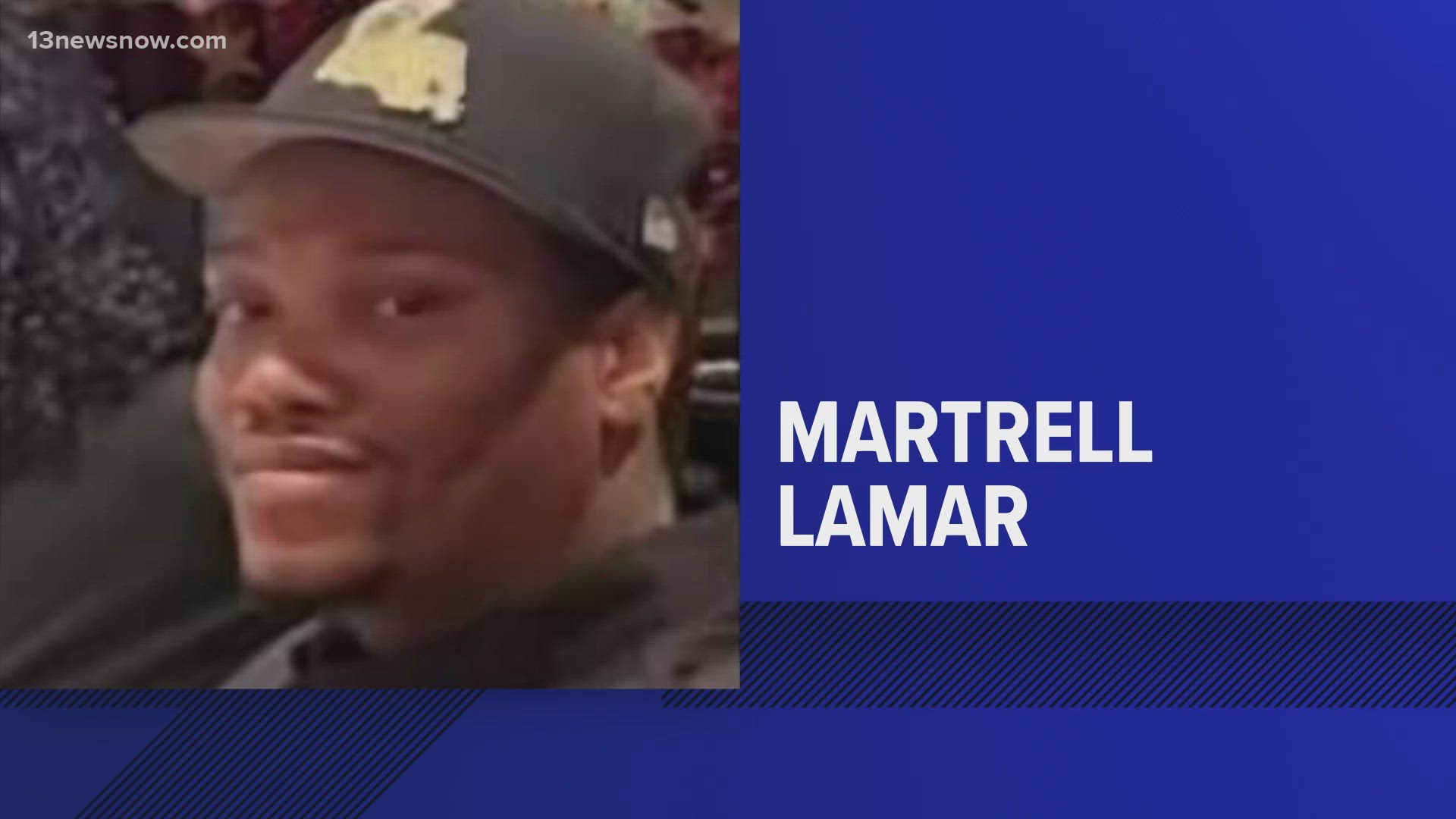RALEIGH, N.C. — North Carolina legislative leaders announced Thursday an agreement to expand Medicaid to hundreds of thousands of additional low-income adults through the Affordable Care Act.
The deal, which likely won't be voted on until later this month, marks a milestone for Republicans, most of whom opposed the idea until recently for close to a decade.
North Carolina has been one of 11 states that have not adopted Medicaid expansion.
Under the agreement details, which also include easing "certificate of need" laws that require health regulators to sign off on expansion plans by medical providers, the state would start enrolling people in January.
"This is something that we can all be very proud of," House Speaker Tim Moore said at a Legislative Building news conference with Senate leader Phil Berger. "What a huge announcement this is for North Carolina. What a huge policy direction this is, that will provide help for so many in this state, but it's going to do it in a way that's fiscally responsible."
The federal government covers 90% of the cost of Medicaid recipients under expansion. Potentially, 600,000 people in North Carolina could receive the benefit — those who make too much to qualify for conventional Medicaid but not enough to receive heavily subsidized health insurance that the 2010 law provides.
Under the agreement, the state's 10% share would be paid through assessments paid by hospitals, which in turn benefit from getting reimbursed as they cover patients with Medicaid.
The state also could get an extra $1.5 billion over two years through a financial sweetener in a COVID-19 federal relief package if it accepts expansion. And Berger said the package will include provisions that would result in higher reimbursements — potentially $3 billion annually — for hospital systems when they treat Medicaid patients.
Democratic North Carolina Gov. Roy Cooper, who has sought expansion since taking office in 2017, tweeted after the news conference that the agreement "is a monumental step that will save lives" but wants it effective immediately "to make sure we leverage the money that will save our rural hospitals and invest in mental health."
Moore and Berger said the agreement would not take effect until after a state budget is enacted, likely in the early summer.



